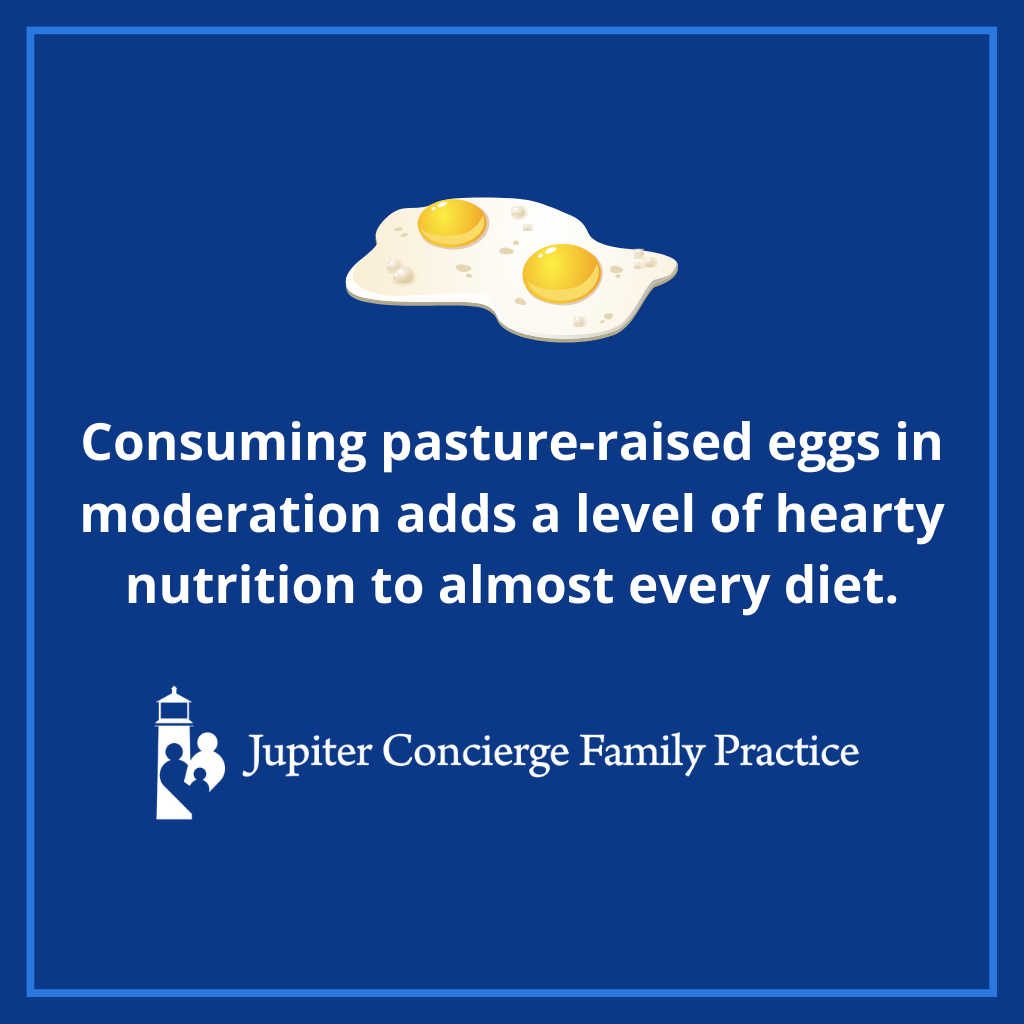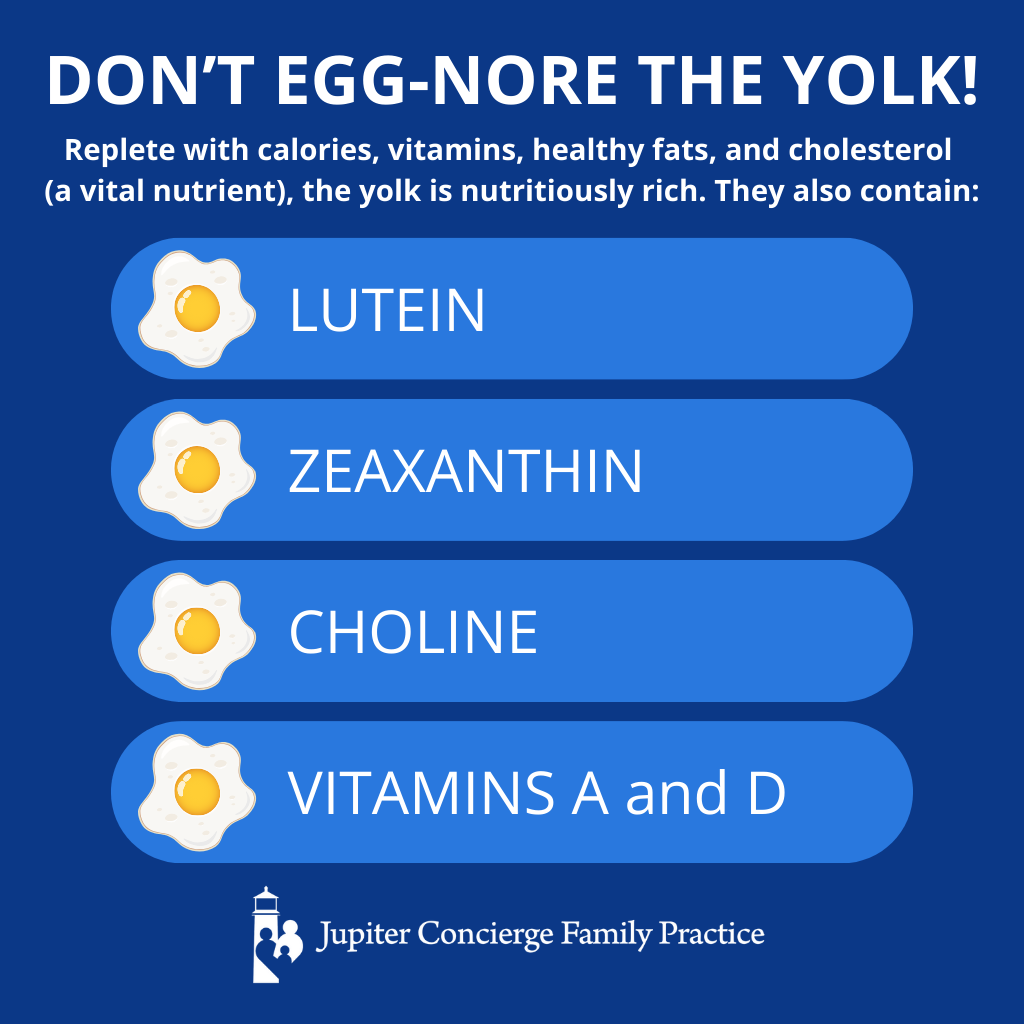
Over the years, fad diets and problematic studies lead to certain foods swinging in and out of favor. One of the most maligned of these is the humble yet mighty egg.
So strong was the smear campaign against eggs that many of us have unanswered egg-based questions:
- Are eggs good for you?
- What is the nutrition of an egg white versus yolk?
- Do eggs cause high cholesterol?
Today, we’ll review these questions and clear the misunderstood egg of any baseless charges.
Are Eggs Good for You?
Research on diet and disease is fraught with errors, misjudgments, and miscalculations. So many factors are involved that it’s nigh impossible to conduct a real controlled study in this area. Consequently, the data we have on food and illnesses is based on correlation at best.
So, are eggs good or bad for you? The truest answer is, as usual, it depends.
Eggs are good for some people, but not for others. Obviously, eggs are not good for people who have an egg allergy. Though rare, some people even have anaphylactic reactions to eggs. More frequently, egg allergies present with less severe symptoms. Children with egg allergies often outgrow them by adolescence or adulthood.
Eggs also aren’t ideal for the small subset of people who must aggressively combat their cholesterol.
Outside of these groups, no valid evidence demonstrates that eggs are “bad” for you.
Finding a Golden Egg
On their own, eggs are an inexpensive, high-quality source of protein. Protein is an important — and often underrepresented — component of a healthy diet. For the majority of people, consuming about seven eggs per week falls within healthy limits.
I’m not concerned about the cholesterol in eggs (again, for most people) because most of our body’s cholesterol comes from the liver, not our diet. In fact, dietary saturated fats, trans fats, and too many simple carbohydrates — not dietary cholesterol — stimulate our liver to produce cholesterol.
However, not all grocery store eggs are created equal. Though eggs are a staple most people buy, many don’t know how to shop for them. Commercial egg quality varies widely, which affects their nutritional value. The only eggs I recommend are pasture-raised (not to be confused with pasteurized) eggs.
You can see the difference in an egg from a pasture-raised chicken. The yolk has a much richer, deep yellow-orange color than the typical pale yellow, reflecting its greater nutritive value.
Egg Nutrition: Whites and Yolks
Now, what’s the nutritional value of an egg white versus an egg yolk? Egg whites are the simpler aspect. They are pure protein, like drinking amino acids.
The yolk, on the other hand, is where life begins. Replete with calories, vitamins, healthy fats, and cholesterol (a vital nutrient), the yolk is nutritiously rich. It contains lutein and zeaxanthin, both of which nourish the eyes; choline, good for the brain and nerves; and the essential vitamins A and D.
Conclusion
Unless you have an egg allergy or imminently life-threatening, uncontrollable cholesterol, consider adding eggs to your diet. Consuming pasture-raised eggs in moderation adds a level of hearty nutrition to almost every diet.

Dr. David Rosenberg
Dr. Rosenberg is a board-certified Family Physician. He received his medical degree from the University of Miami in 1988 and completed his residency in Family Medicine at The Washington Hospital in Washington, Pennsylvania in 1991. After practicing Emergency Medicine at Palm Beach Gardens Medical Center for two years, he started private practice in Jupiter, in 1993. He is an avid baseball fan and Beatles fanatic, since he was 8 years old. He has been married to his wife, Mary, since 1985 and has three grown children.
David completed additional studies at Mercer University, Macon, Georgia and obtained a BS in Chemistry in 1983.
“My interests include tennis, snow skiing, Pilates and self-development.”


